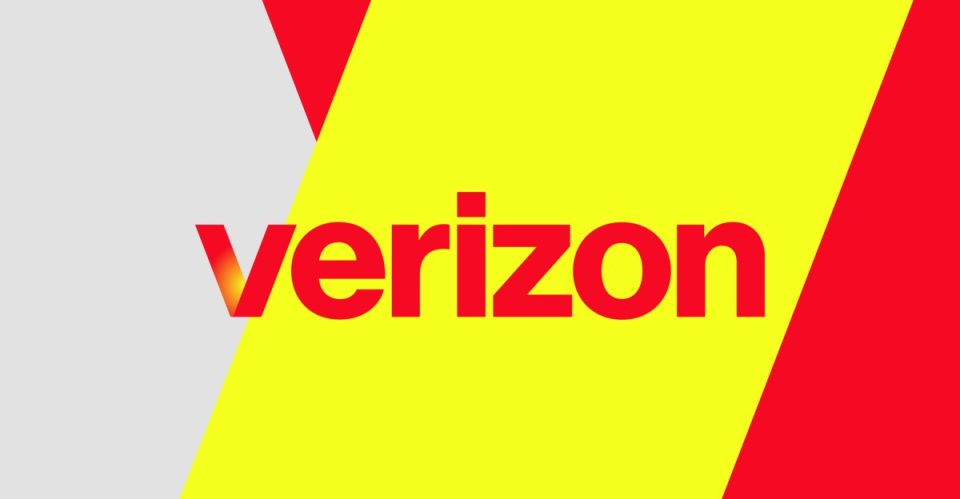![]()
Emma Roth is a news writer who covers the streaming wars, consumer tech, crypto, social media, and much more. Previously, she was a writer and editor at MUO.
Verizon’s $20 billion deal to acquire the fiber internet provider Frontier is officially happening. On Friday, the Federal Communications Commission signed off on the merger, which will allow Verizon to “upgrade and expand” Frontier’s existing fiber networks.
Verizon expects to bring fiber to 1 million homes each year following the acquisition. The deal went through after Verizon “committed to ending DEI-related practices,” according to a statement by FCC Chair Brendan Carr.
The Intercept reports that in a May 15th letter to Carr, Verizon’s chief legal officer, Vandana Venkatesh, outlined what it’s walking away from. Because “Verizon recognizes that some DEI policies and practices could be associated with discrimination,” it will no longer have any HR roles or teams focused on DEI, remove references to the term from employee training materials, as well as goals for diversity in its supplies, representation of women and minorities in its workforce. In the letter, Venkatesh says that now Verizon’s public messaging is going to “remove references to ‘DEI’ or ‘diversity, equity and inclusion.’”
When Verizon’s consumer chief, Sowmyanarayan Sampath, appeared on Decoder last month, we asked him about whether it would fight the FCC imposing regulatory requirements against its diversity initiatives with a decade’s worth of lawsuits, the same way it fought net neutrality. It didn’t.
Earlier this year, Carr criticized Verizon’s “lack of progress” on getting rid of policies related to DEI — or Diversity, Equity, and Inclusion — and suggested that the agency won’t approve deals if companies keep these policies in place. T-Mobile similarly closed its acquisition of the fiber provider Lumos after tweaking mentions of DEI on its website.
Through the merger, Verizon will also be able to claw back some of its fiber business after it sold parts of its wireline operations, including Fios fiber internet connections, to Frontier in 2015. Carr said the merger will allow fiber to come to more communities, including rural ones. BEAD, a Biden-era initiative, was supposed to pay fiber providers to bring high-speed internet to rural areas, but a report from The Washington Post suggests that the “money isn’t flowing.”
Update, May 16th: Added additional details from Verizon’s letter to the FCC and Decoder.
